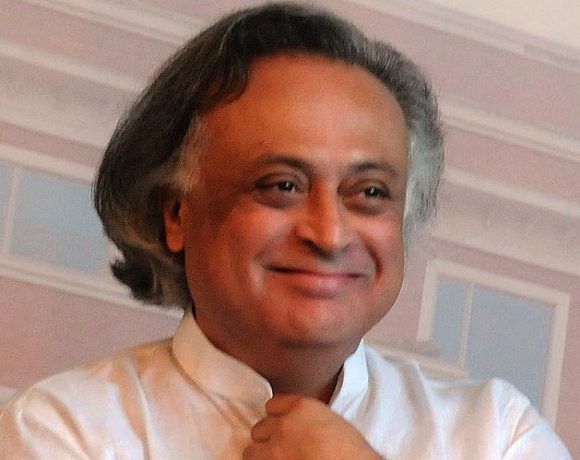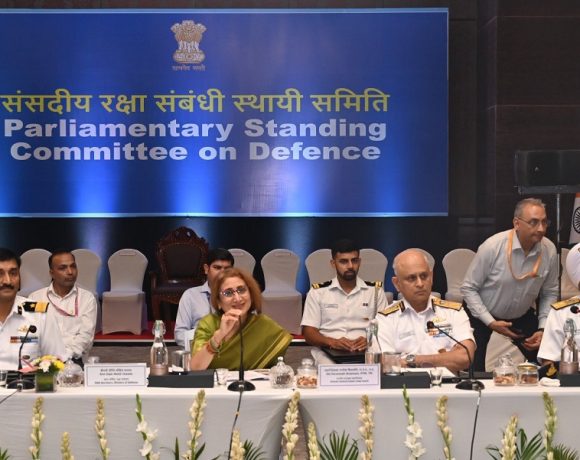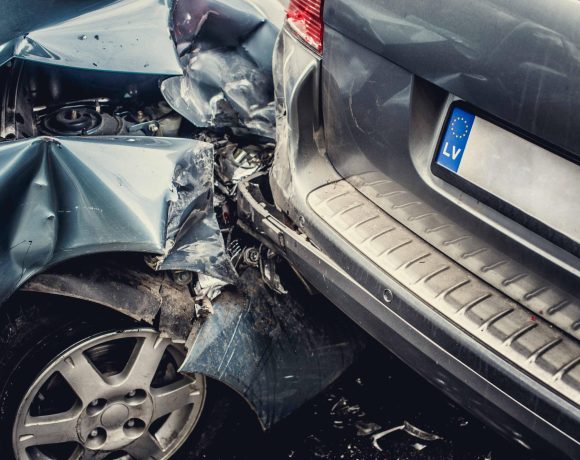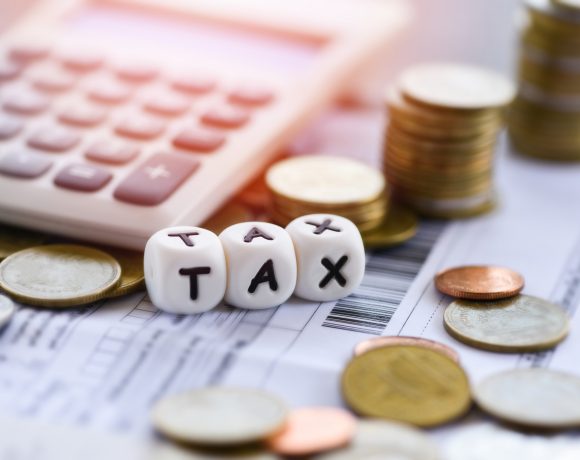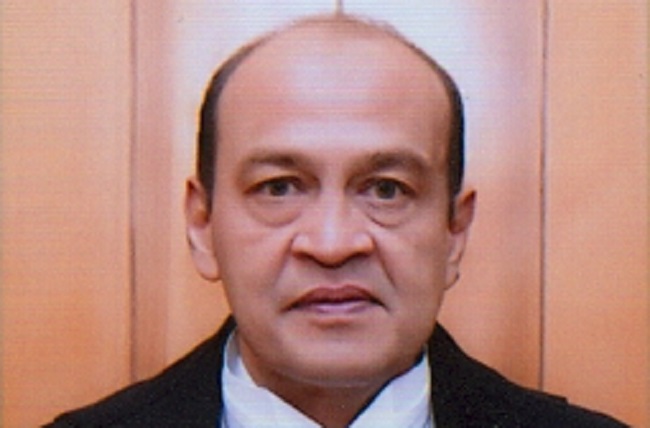
SC to Hear Justice Varma’s Plea on Cash Scandal
The Supreme Court will hear on July 28 a writ petition filed by Justice Yashwant Varma of the Allahabad High Court, who has challenged the findings of an in-house inquiry committee that linked him to a controversial cash recovery incident. The petition also questions the recommendation of former Chief Justice Sanjiv Khanna to begin impeachment proceedings against him.
Judge Challenges In-House Report
Justice Varma’s name surfaced after police and fire officials discovered large quantities of burnt and partially burnt cash at his official residence in New Delhi in March. The in-house committee, comprising three senior judges, concluded that Varma had control over the cash, even though he claims he was denied access to evidence such as CCTV footage and was not given a proper chance to defend himself. He alleges that the committee reversed the burden of proof and violated principles of natural justice.
Historic Legal Challenge
This is believed to be the first time a sitting High Court judge has directly challenged an in-house judicial inquiry before the Supreme Court. Justice Varma argues that the committee exceeded its constitutional limits by recommending his removal—a power solely vested in Parliament under Articles 124 and 218 of the Constitution and the Judges (Inquiry) Act, 1968.
Special Bench to Hear the Case
The Supreme Court has constituted a special bench of Justices Dipankar Datta and Augustine George Masih to hear the petition. Chief Justice B.R. Gavai has recused himself due to prior involvement in internal deliberations. Legal experts believe the petition may face a preliminary maintainability test, where the Court will decide whether it has the authority to review an in-house panel’s findings.
Parliament Begins Impeachment Process
Meanwhile, the impeachment process has already been set in motion. The Home Ministry has cleared the proposal, and the motion may soon be introduced in the Lok Sabha and then the Rajya Sabha. A two-thirds majority in both houses is required to remove a High Court judge.
Bigger Questions on Judicial Oversight
The case has sparked debate about the transparency and fairness of internal judicial investigations. It is also being seen as a test of the judiciary’s willingness to review its own mechanisms and uphold constitutional safeguards. The outcome of this case could set a precedent for judicial accountability in India.


